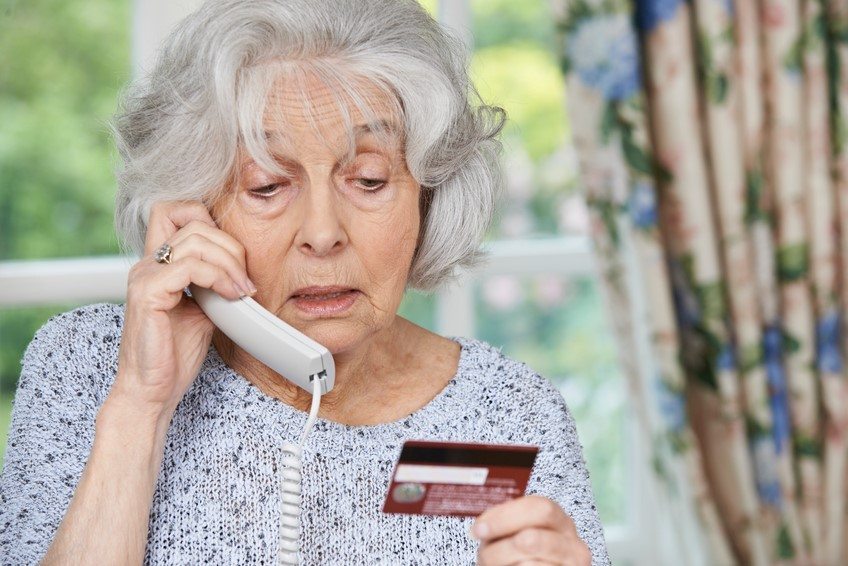During challenging times, there are always people stepping up to help. Unfortunately, there are also unscrupulous people looking to take advantage of others. Seniors are often targeted in these scams, and COVID-19 has opened the door to a variety of new schemes. Be on the lookout to avoid falling victim to Covid-19 scams like these.
COVID-19 Scams to watch out for:
Fake Treatments and Testing Kits
Some scammers are selling at-home COVID-19 testing kits and “treatments” without any proof they actually work. There is currently no vaccine nor known cure for COVID-19, so do not purchase anything that claims to cure or treat it.
If you are showing symptoms, contact your health care provider. If there is a medical discovery regarding the virus, you will hear about it first through reputable news outlets. And you will have access to it through your doctor or pharmacist.
Robocalls and Email Phishing
As they did before COVID-19, scammers use fake sales calls or emails posing as a trusted organization in an effort to get your credit card or social security number. In light of the stimulus package, some scammers may say they’re from the IRS and ask for your bank account number, so they can deposit your stimulus check. Remember, the IRS and other government organizations won’t call you or come to your home asking you to verify any of your personal information.
Don’t click on any links in an email from an unknown sender, even if the email contains a well-known logo or claims to come from a reputable organization—like your own bank or the CDC. If you’re not sure whether an email is real or fake, check for misspellings and grammatical errors. Look at the email address (not just the name) of the sender. If you’re still not sure, contact the organization directly with a separate email or phone call to inquire.
Fake Charities
Scammers create fake charities, or pose as an agent from a well-known charity, and prey on people’s desire to help during these challenging times. Always research a charitable organization before you give to ensure your money is going to someone who truly needs it. Pay with a credit card and keep a record of the transaction.
Unfulfilled Orders
It’s easy to set up an online shop. A scammer may create an online store and simply do not deliver your order after you’ve paid for it. This is especially of concern if it’s still hard to find toilet paper, medical supplies, or cleaning products. Double-check online sellers for their selling history and any reports of scams or unfulfilled orders. Keep your receipt, and follow up as necessary if your order never arrives.
A Family Member in Trouble
This common scam has a new COVID-19 twist: the scammer claims to be a friend or health care worker who says your relative has contracted the virus and needs money for medical care. Never give your credit card or send money in these situations. Instead, hang up and call your family member directly to make sure he or she is okay.
If you have been a victim of a COVID-19 scam, you can report it to the FTC or local law enforcement.
At Accessibility Professionals, we’re focused on keeping seniors safe at home with accessibility products like shower seats, grab bars. But being safe and independent also means staying informed of other threats—like scams.
Not only can a scam be financially devastating, it can impact the victim’s confidence or make him or her feel ashamed or fearful, which certainly gets in the way of independent living.
Empower yourself and the people you love by learning about scams to avoid becoming a victim. Start by sharing this post with someone who could benefit from learning more.
If you have questions about our accessibility products, contact us.
